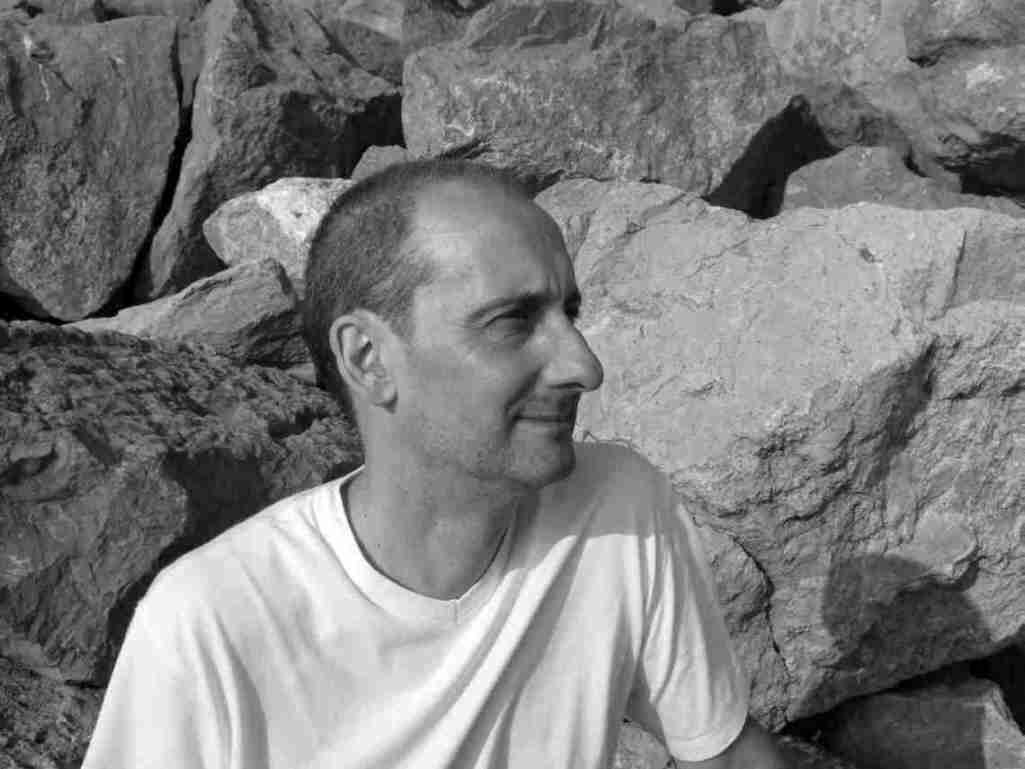
Earle Alfred Birney, OC, FRSC (13 May 1904 – 3 September 1995) was a distinguished Canadian poet. He was twice winner of the Governor General's Award for Literature (for David and Other Poems, 1942, and for Now Is Time, 1945).
Birney was a professor in the English Department of the University of British Columbia when he and Lowry met in 1947. The Birneys and the Lowrys became friends and Birney actively supported Lowry's work and reputation.
Birney was born in Calgary, Alberta, and raised on a farm in Erickson, near Creston, his childhood was somewhat isolated. After working as a farm hand, a bank clerk, and a park ranger, Birney went on to college to study chemical engineering but graduated with a degree in English. He studied at the University of British Columbia, University of Toronto, University of California, Berkeley and University of London.
Through a brief and quickly annulled marriage to Sylvia Johnston, he was introduced to Trotskyism. In the 1930s he was an active Trotskyist in Canada and Britain and was the leading figure in the Socialist Workers League but drifted away from the movement during World War II.
During the conflict, he served as a personnel officer in the Canadian Army, which inspired creation of the title character of his comic military novel, Turvey (1949), a saga of one hapless soldier's struggle to get to 'the sharp end' of the fighting in Holland and Germany during 1944-45. The character of Turvey is a fascinating melange of country boy innocent, common sense utilitarian and town fool, and seems to have been fashioned as a foil to the eccentrically pseudo-sophisticated Canadian military life as illustrated in the novel. The book has been described as "uproariously ribald",[1] winning the Stephen Leacock Medal for Humour.
Birney published his second novel, Down the Long Table, in 1955.
In 1970 Birney was made an Officer of the Order of Canada.
In 1995 Birney died of a heart attack. Wikipedia
The following books by Birney were in Malc's library:

Malc's copy was inscribed "With admiration, to Malcolm and Margerie Lowry. Earl Birney."

Malc's copy is inscribed "For Malcolm and Margerie Lowry in friendship and admiration Earle Birney"

Malc's copy is inscribed: "For Malcolm, no lady, Margerie, no sailor, with admiration and affection from Earle and Topsy Turvey". Malc aslo wrote a blurb for the dust cover for the McClelland & Stewart 1949 edition.
Malc also had a copy of Birney's anthology Twentieth Century Canadian Poetry published in 1953.





